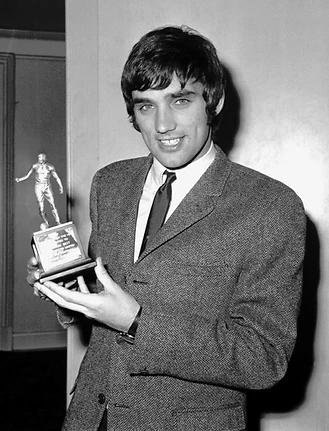
George Best was so much more than a footballer. His talent on the field, good looks and lifestyle earned him the nickname the ‘fifth Beatle’. At his peak, Best was a sensational player, spending ten seasons at Manchester United for whom he lifted two First Division trophies and the 1968 European Cup.
1968 was the height of Best’s career. Not only was he the youngest winner of the FWA award at 21, but he scored in the European Cup final and was named the European Footballer of the Year.
Best is widely regarded as the greatest Irishman to have played the game. He only turned out 37 times for Northern Ireland, but when he graced the pitch of Windsor Park the whole country stood still to watch.
Best made 466 appearances for Manchester United, scoring 178 goals, and was thought of as the outstanding British talent of his generation and one of the greatest players to have ever played the game.
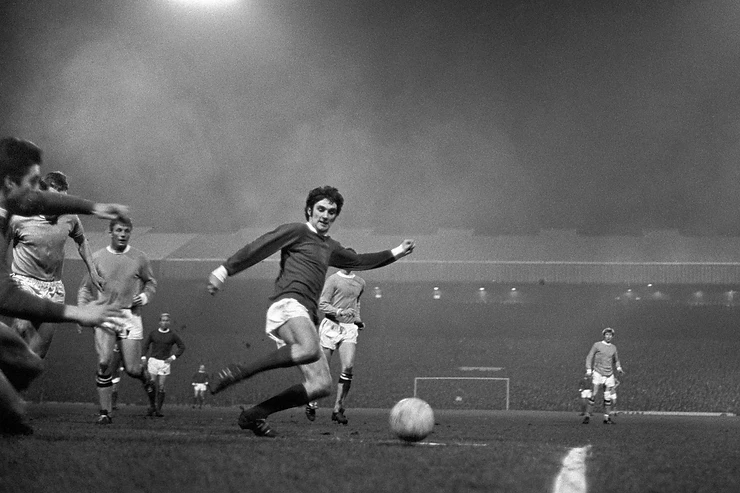
His dribbling skills were second to none with Sir Alex Ferguson describing him as “naturally athletic, tough, confident and blessed with genius, his career was one of the brightest stars of its generation. His gifts were legendary.”
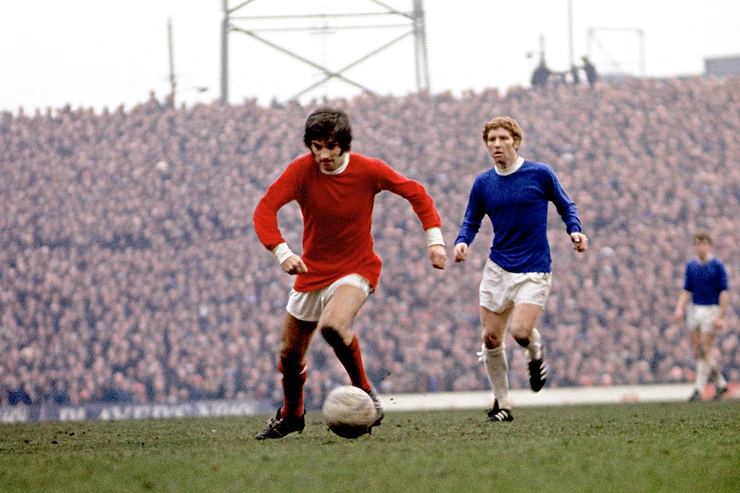
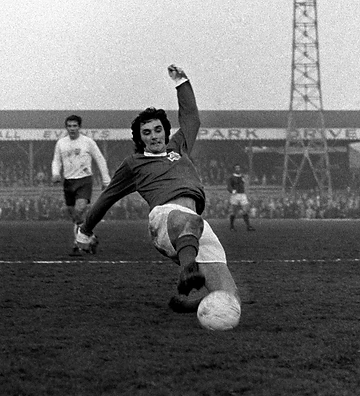
Off the pitch, Best lived the life more of a pop star than a footballer, often described as the first ‘celebrity footballer’, with his every action scrutinised by the media.
During the latter part of his career Best’s dedication to football often came below drink, sex and gambling and it was his alcoholism that caused him so many issues in later life before his death aged just 59.
Best had his problems off the pitch but on it there was no disputing his genius, as Sir Matt Busby said: “George had more ways of beating a player than anyone I’ve ever seen. He was unique in his gifts.”
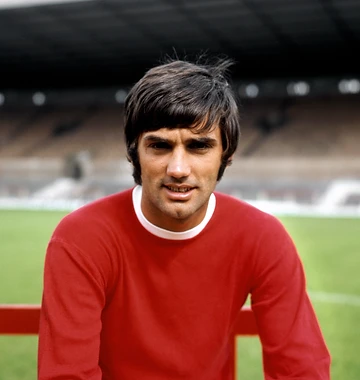
What George said:
“The month of May 1968 was, to say the least, pretty special for me. I collected my Footballer of the Year award two days before the FA Cup final, helped Manchester United beat Real Madrid in the European Cup semi-final the following week and, on 29 May, played in the European Cup Final against Benfica at Wembley.
“That was the match of a lifetime, and our victory after extra time meant so much to everybody because we knew it was the one thing that the boss, Matt Busby, wanted above all else.
“It was during that season of 1967-68 that I played what was probably my finest game for Northern Ireland. We beat a very good Scotland side 1-0 at Windsor Park and everybody was telling me afterwards that it was the greatest individual display they had ever seen. I think that must have played a big part in getting me the vote of the football writers in a year when there were a lot of outstanding candidates.”




